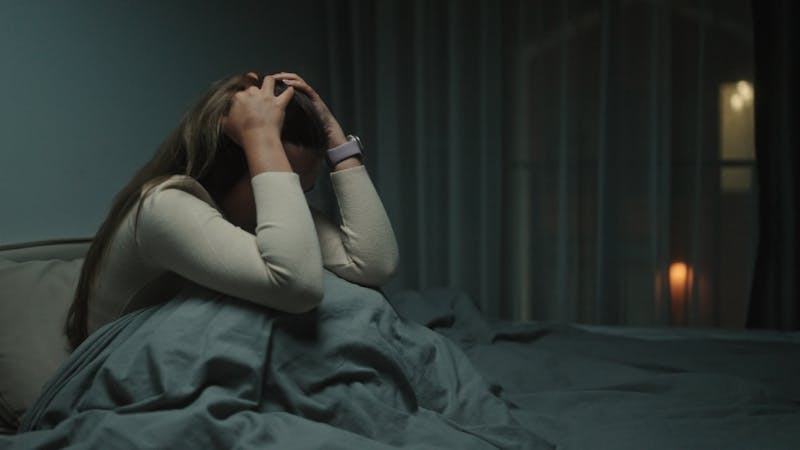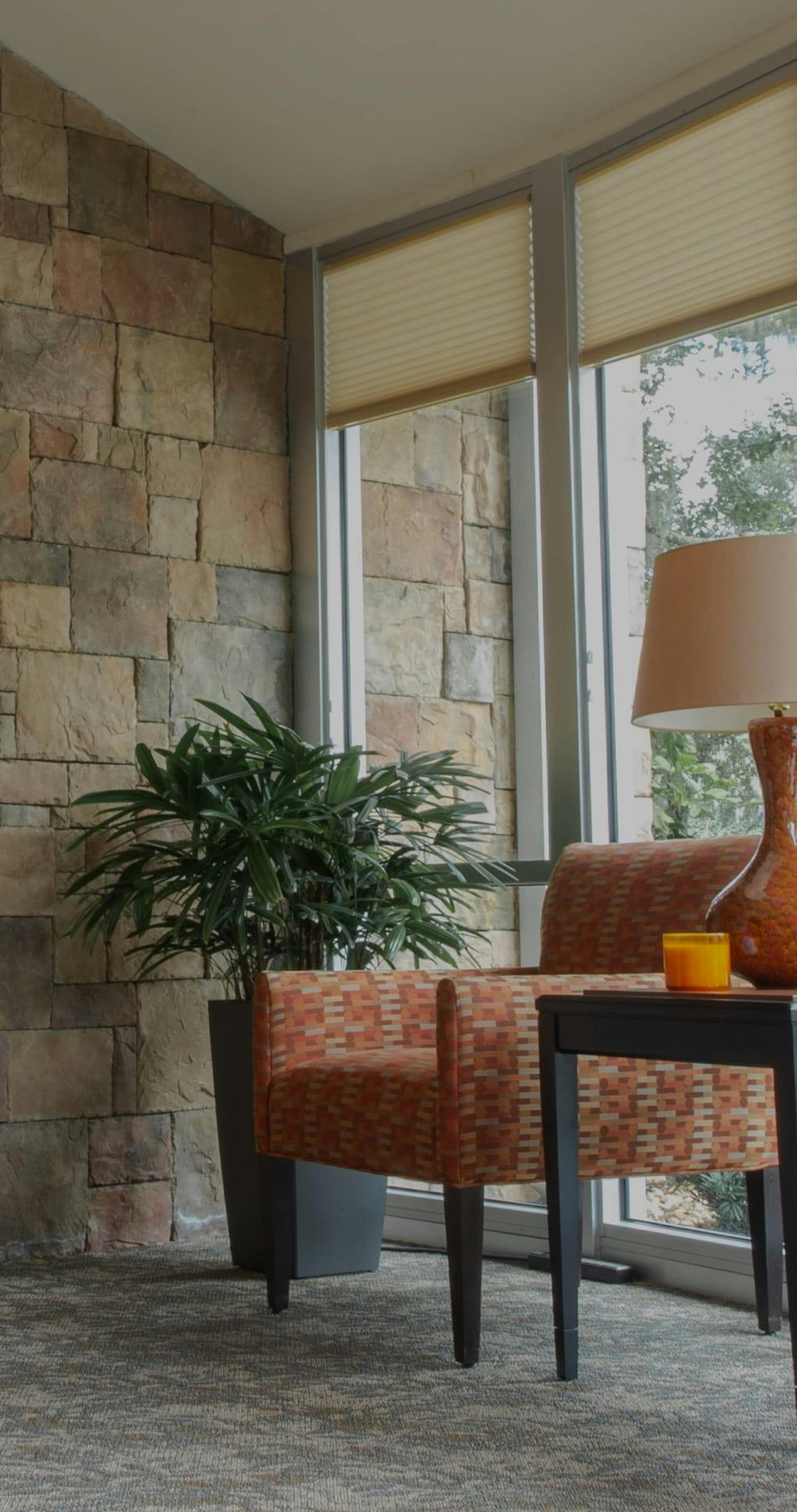
Sleep is a time for restoration, but for some, it can be filled with restless nights and unexpected episodes of fear. If you’ve been struggling with night terrors, you may be wondering if sleep apnea could be playing a role. At Admira Dentistry, we aim to shed light on these important questions. Sleep apnea affects many areas of health, but its connection to night terrors is an often overlooked aspect. Let’s explore how these two sleep issues might intersect and how understanding this connection can guide you toward more peaceful nights.
The Connection Between Sleep Apnea and Night Terrors
Sleep apnea is a condition where your breathing repeatedly stops and starts during sleep, often causing disrupted rest and fatigue. But could it also contribute to night terrors? Night terrors are episodes of intense fear, often accompanied by screaming, thrashing, or a racing heartbeat, usually occurring in the deep stages of sleep. While they’re most common in children, adults can experience them, too, and research suggests that sleep disorders like sleep apnea might be a contributing factor. When your sleep is frequently interrupted by apnea episodes, it can increase stress on the body and mind, potentially triggering night terrors.
Why Sleep Disruptions Matter
Your body relies on consistent, uninterrupted sleep cycles to recharge fully. Sleep apnea interrupts these cycles, which can heighten anxiety, stress, and even your likelihood of experiencing vivid nightmares or night terrors. When sleep apnea causes fragmented rest, your brain struggles to move through the normal stages of sleep, leading to a higher chance of distressing episodes. Understanding this link can be a valuable step in addressing both conditions and improving your sleep quality.
Recognizing the Symptoms of Sleep Apnea and Night Terrors
It’s essential to recognize the symptoms of both sleep apnea and night terrors to better understand how they may be connected. For sleep apnea, look for signs such as loud snoring, gasping for air during sleep, or waking up tired despite a full night’s rest. Night terrors, on the other hand, are often more difficult to identify because the person may not remember the episode. If you find yourself waking up with a racing heart, feeling confused, or experiencing panic at night, it might be worth exploring both conditions.
What Can Be Done?
If you suspect that sleep apnea is contributing to your night terrors, it’s important to seek professional help. At Admira Dentistry, Dr. Sixto and our dedicated team are here to guide you through the diagnosis and treatment options available. Treatments for sleep apnea range from lifestyle changes, such as weight management and improving sleep hygiene, to more advanced options like CPAP machines. By addressing the underlying sleep apnea, you may find that your night terrors diminish as well, giving you the peaceful rest you deserve.
Your Path to Better Sleep
While night terrors and sleep apnea can be distressing, they don’t have to control your nights. By understanding the relationship between these conditions, you can take proactive steps toward improving your sleep. Rest assured, Admira Dentistry is here to support you on this journey, offering personalized care and expert guidance to help you find relief. With the right approach, you can enjoy restful, restorative sleep once again and leave behind the fear of waking up in distress.


